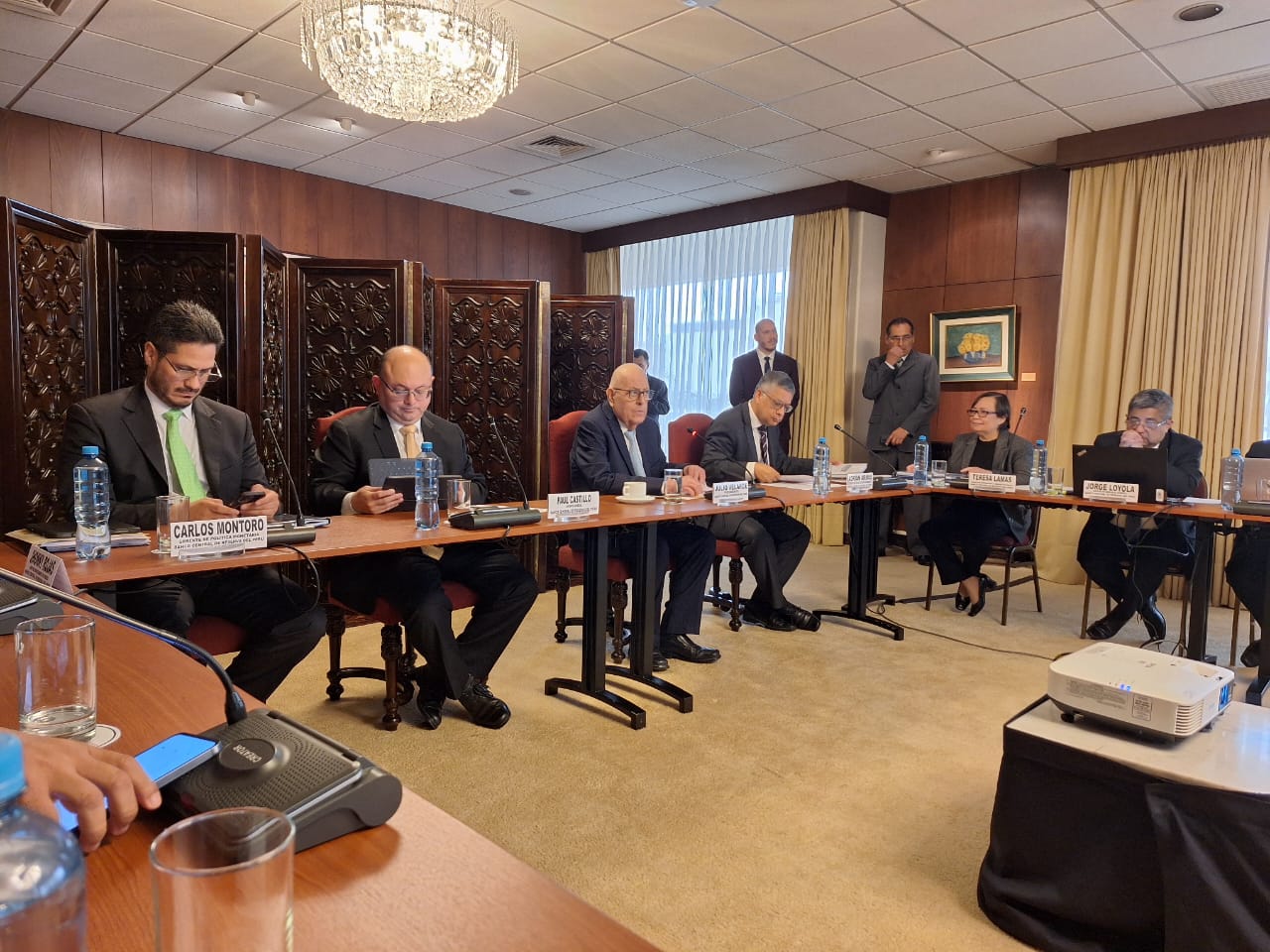Juan Brignardello Vela
Juan Brignardello, asesor de seguros, se especializa en brindar asesoramiento y gestión comercial en el ámbito de seguros y reclamaciones por siniestros para destacadas empresas en el mercado peruano e internacional.




In an uncertain economic context, the Central Reserve Bank (BCR) has decided to maintain its economic growth projection for the current year at a modest 3.1%. This figure was confirmed by its president, Julio Velarde, in a recent press conference where he discussed expectations for the immediate future and the current situation in the country. Velarde, with his usual caution, pointed out that while growth will hold at 3.1%, there is an "upward bias" that could allow for a more optimistic revision by the end of 2024. The BCR has also maintained its projection for private investment growth at 2.3%, suggesting that although there have been advances, confidence in the private sector has yet to reach levels that would allow for a more significant takeoff. Despite this outlook, public investment is expected to play a predominant role, with an estimated growth of 13.7%, higher than the 12% forecasted in June. This increase in public investment could be a fundamental engine for economic growth, especially at a time when efforts are being made to reactivate the post-pandemic economy. The BCR president emphasized that while there is growth in business investment, what is negatively affecting the outlook is investment in the residential sector. This point is crucial, as residential investment has traditionally been an important pillar for the national economy. The slowdown in this sector could be indicative of deeper issues in the real estate market that require immediate attention to prevent the situation from worsening. Velarde also addressed the issue of the fiscal deficit, noting that it is expected to reach 3.3% of Gross Domestic Product (GDP), a figure that exceeds the 2.8% projected three months ago. This increase in the deficit is concerning, as it suggests that the government may be facing additional challenges in managing its public finances. Furthermore, the Multiannual Macroeconomic Framework forecasts a deficit of 2.8% of GDP, implying that if the BCR's projection materializes, the country will not meet the fiscal rule for the second consecutive year. The fiscal situation raises serious questions about the sustainability of public policies and the government's ability to maintain financial balance. Analysts warn that a high fiscal deficit could limit the state's capacity to invest in crucial areas such as education, health, and infrastructure, which in turn could hinder long-term growth. Another aspect to consider is the impact of public investment on the economy. An increase in government disbursements can help stimulate economic activity, but it is essential that these resources are used efficiently and effectively to ensure they generate a positive impact on growth. The quality of public investment is as important as the quantity, and without a strategic approach, the risk of wasting resources is high. The BCR's projections also reflect a complex international environment, where factors such as inflation and geopolitical tensions can influence the local economy. Global uncertainty is a constant challenge that the country must navigate carefully, using the tools at its disposal to mitigate any negative effects that may arise. In summary, while the BCR maintains its growth projection of 3.1% for this year, the fiscal situation and private investment raise serious concerns for the country’s economic future. It is imperative that both the government and the private sector collaborate to create a climate of confidence that fosters investment and that strategic decisions are made to ensure the sustainability of long-term growth. The national economy faces significant challenges, but also opportunities that, if managed properly, could lead to a resurgence in the coming years.
